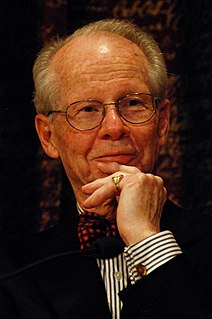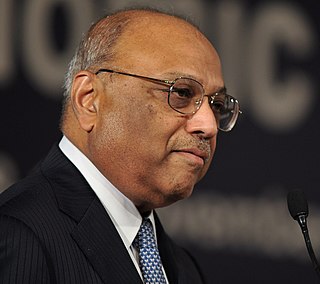A Quote by Oliver E. Williamson
The lens of contract focuses predominantly on gains from trade whereas orthodoxy is focused on resource allocation.
Related Quotes
The impresario functions as a bridge and a translator. He or she is a bridge between the creative point of view - which is often very focused on the creative task itself - and the resource-allocation process. The impresario has to make certain the funds and people required to get that task completed are available.
I guess because theater's so ephemeral and it's gone. You make this nightly contract with the audience and you redraw that contract for the next night, whereas film and television, it's forever. I suppose it's always about adopting personas, never about being yourself. I think they call it a "shy man's revenge."
If there is such a thing as saintly renunciation, it is renouncing small gains for better gains; not for no gains, but seeing with open eyes what is better and what is inferior. Even if the choice has to lie between two momentary gains, one of these would always be found to be more real and lasting; that is the one that should be followed for the time.




































